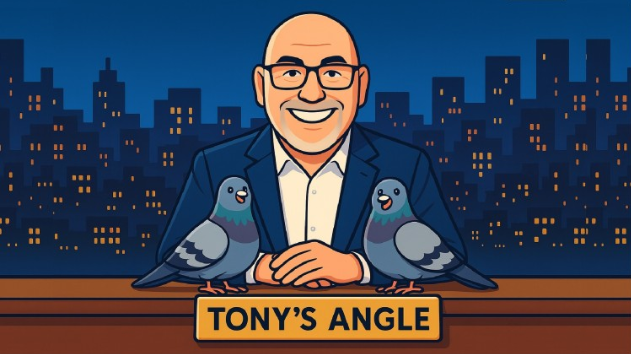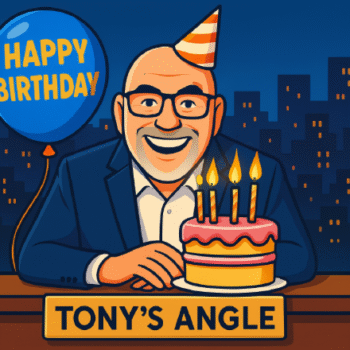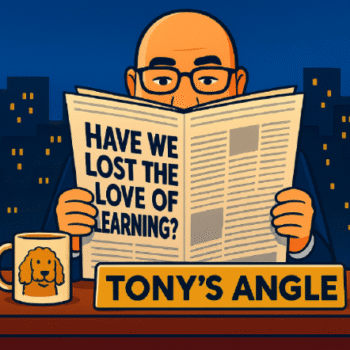If I had a pound for every time a student said, “When will I ever need this in real life?”, I’d have… well, I’d be a millionaire I reckon.
Here’s the thing.
It’s not just teenagers muttering it under their breath – it’s adults too. Politicians. Journalists. Your mate who still tells you that he never uses maths ever!
Somewhere along the way, we let the myth grow: that maths isn’t for the real world.
Now, I’ll defend maths to the death. I think it’s beautiful. Elegant. A kind of magic. I don’t want a world where we only teach it if we can slap a price tag on it or tie it to some crazy real life context (triangular blocks of cheese or sweets than Hannah buys).
Right now, we’ve got a golden opportunity. There’s a curriculum review on the horizon, and if we’re bold – properly bold – unbelievably bold – we could make maths more relevant, more motivating and more connected to the real world without dumbing it down.
Because here’s what I think: –
We should be doing more with financial literacy.
We should be doing more with data.
And we must be doing more to help young people leave school with the confidence to make smart, safe, empowered decisions in a world that throws interest rates, misinformation and crypto-currency at them from the age of 18.
I’ve been reading the latest Pearson EPI report this weekend – the one about post-16 resits. A couple of things jumped out:
“Students enter 16–19 education feeling demotivated, with anxiety, fear of failure, and low confidence from earlier schooling.” and “Attendance and engagement pre-16 are strongly linked to resit outcomes.”
My Translation: You can’t just try to fix things with a bit of maths therapy after Year 11.
If you want better outcomes post-16, we’ve got to do better pre-16.
And one way to do better? Make more of maths meaningful. Not just post-16 – why does it suddenly only become relevant there. Not just in GCSE. From the start.
That doesn’t mean every lesson turns into which mobile phone is the best buy. But let’s at least build towards a system that gives students two shots at success, like English.
I’m still talking dual qualifications.
One for mathematical thinking, theory, abstraction.
One for applied problem-solving, future-readiness.
Both compulsory. Both valuable. Both respected.
I’ve talked about what it could look like in the past and I still stand by this.
We owe it to the kids who sit in silence (and many who let you know) wondering why this matters. We owe it to the teachers trying to convince them it does. And we owe it to ourselves to finally close the gap between the maths we teach and the lives they’ll lead.
And that’s what Tony reckons.
See you next time.


